The Nepal Olympic Committee (NOC) is dealing with a significant disagreement after its current leadership, headed by Jeevan Ram Shrestha, was declared unlawful by the government. Shrestha was recently elected for a third term in December through an online vote after changing the NOC's rules. However, the government had previously taken control of the NOC building in Lalitpur based on court directions.
The Olympic Council of Asia (OCA) and the International Olympic Committee (IOC) have recognized Shrestha's leadership in spite of this. Without government support, his team has been working from outside the main NOC office.
In response, the government established a nine-member temporary committee on August 13, with former NOC president Dhruba Bahadur Pradhan as its chair.
The representative has been identified as Samim Miya Ansari. The complete list of committee members has not been released.
Under the National Sports Development Act, the National Sports Council (NSC) can form a temporary committee when sports organizations do not follow the law.
A senior NSC official stated that the council was not directly involved, suggesting that the ministry was responsible for setting up the committee.
Prime Minister KP Sharma Oli has endorsed the creation of the interim committee, according to Minister for Youth and Sports Teju Lal Chaudhary, who also chairs the NSC. The committee intends to hold elections within three months and ensure that Nepali athletes can still take part in international competitions.
Shrestha's NOC has rejected the temporary committee, calling it illegal.
In a statement, the committee asserts that the team led by Shrestha, which has been approved by the IOC and OCA, is the legitimate leadership.The NOC has also warned against the improper use of its logos.
The ongoing conflict has raised fears that Nepal might face penalties from the IOC.
If the dispute remains unresolved, Nepali athletes could be prevented from competing under the national flag in major events such as the Olympics and Asian Games.

.jpeg)



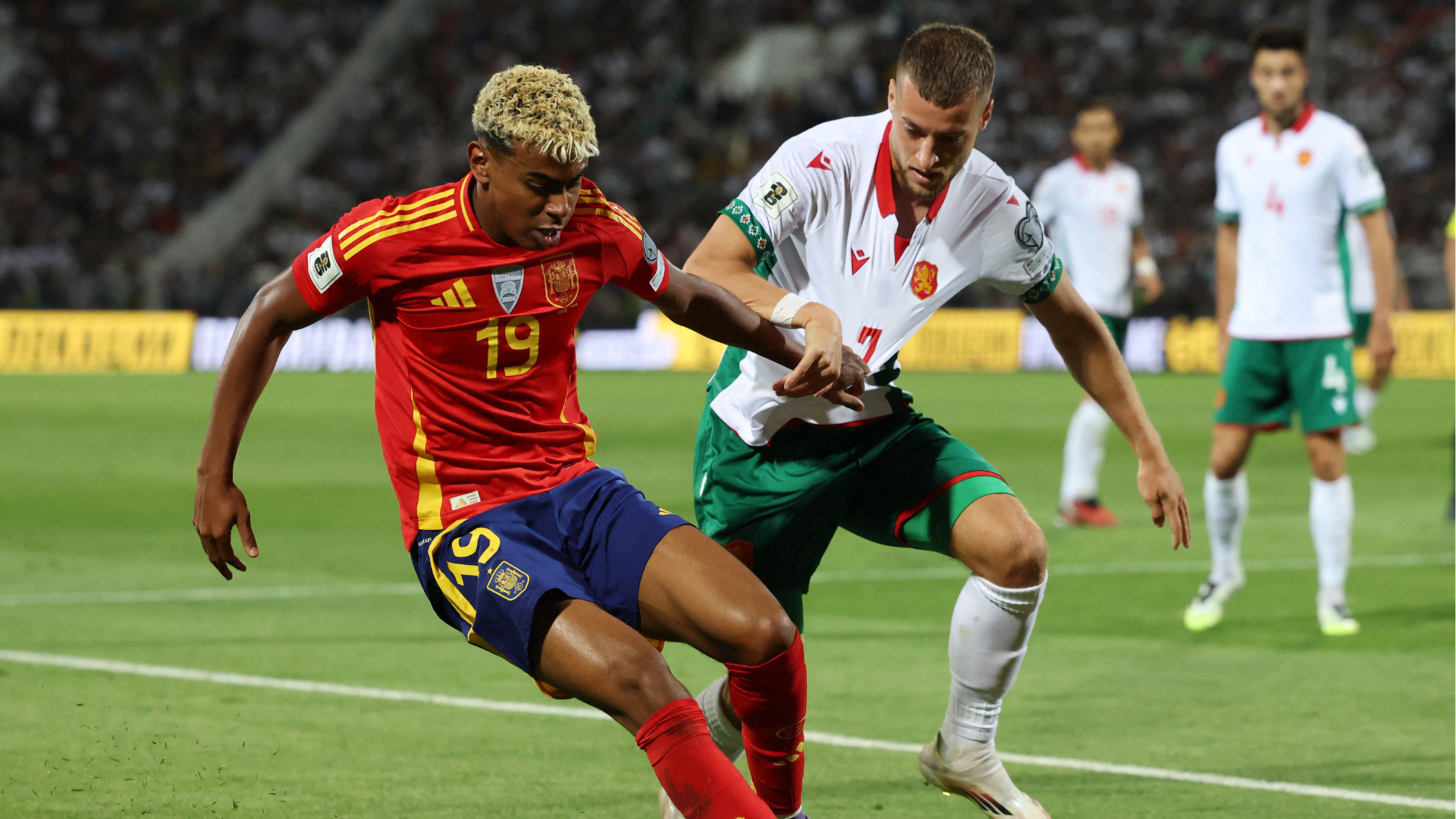
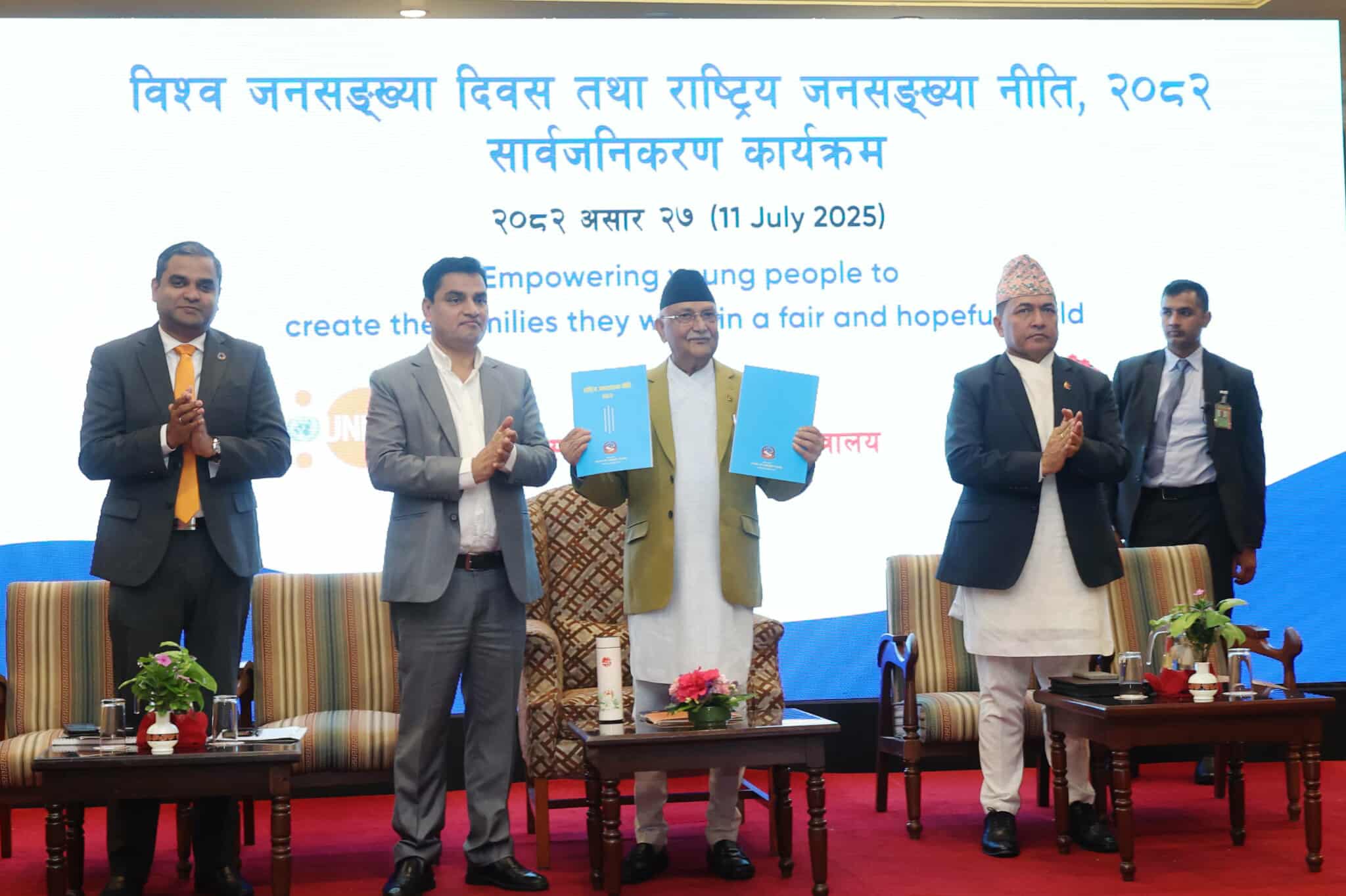
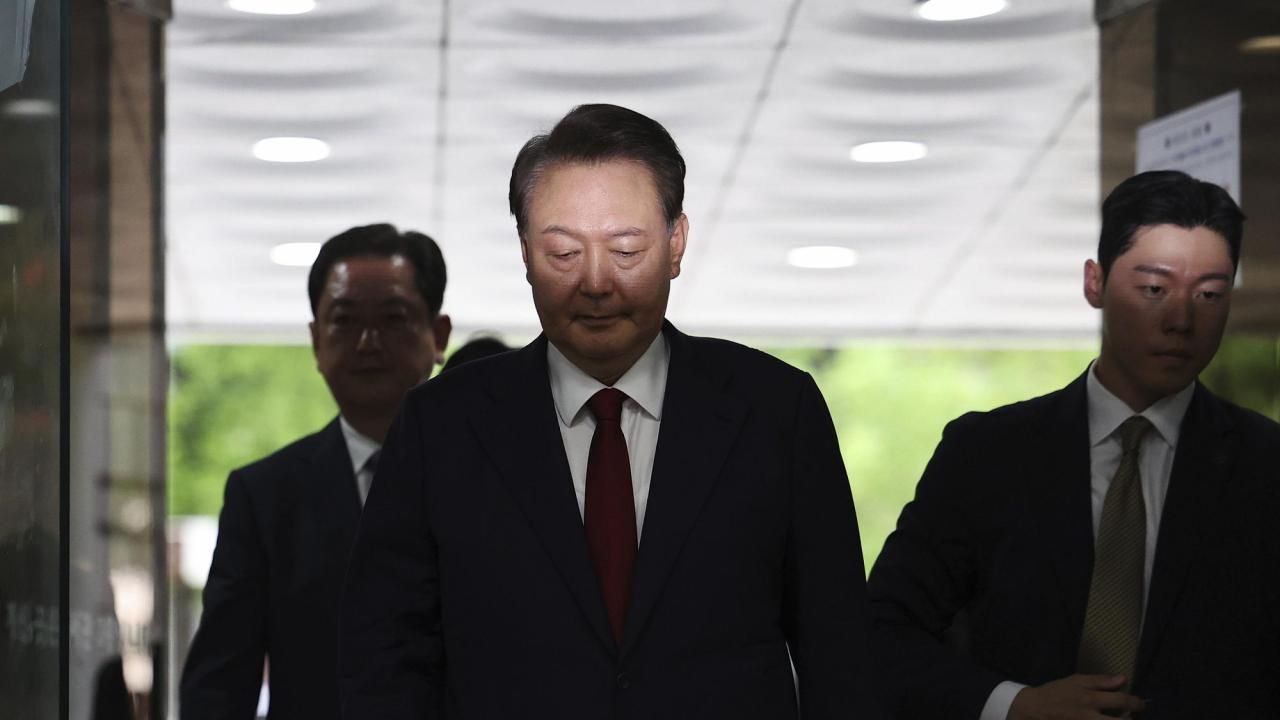
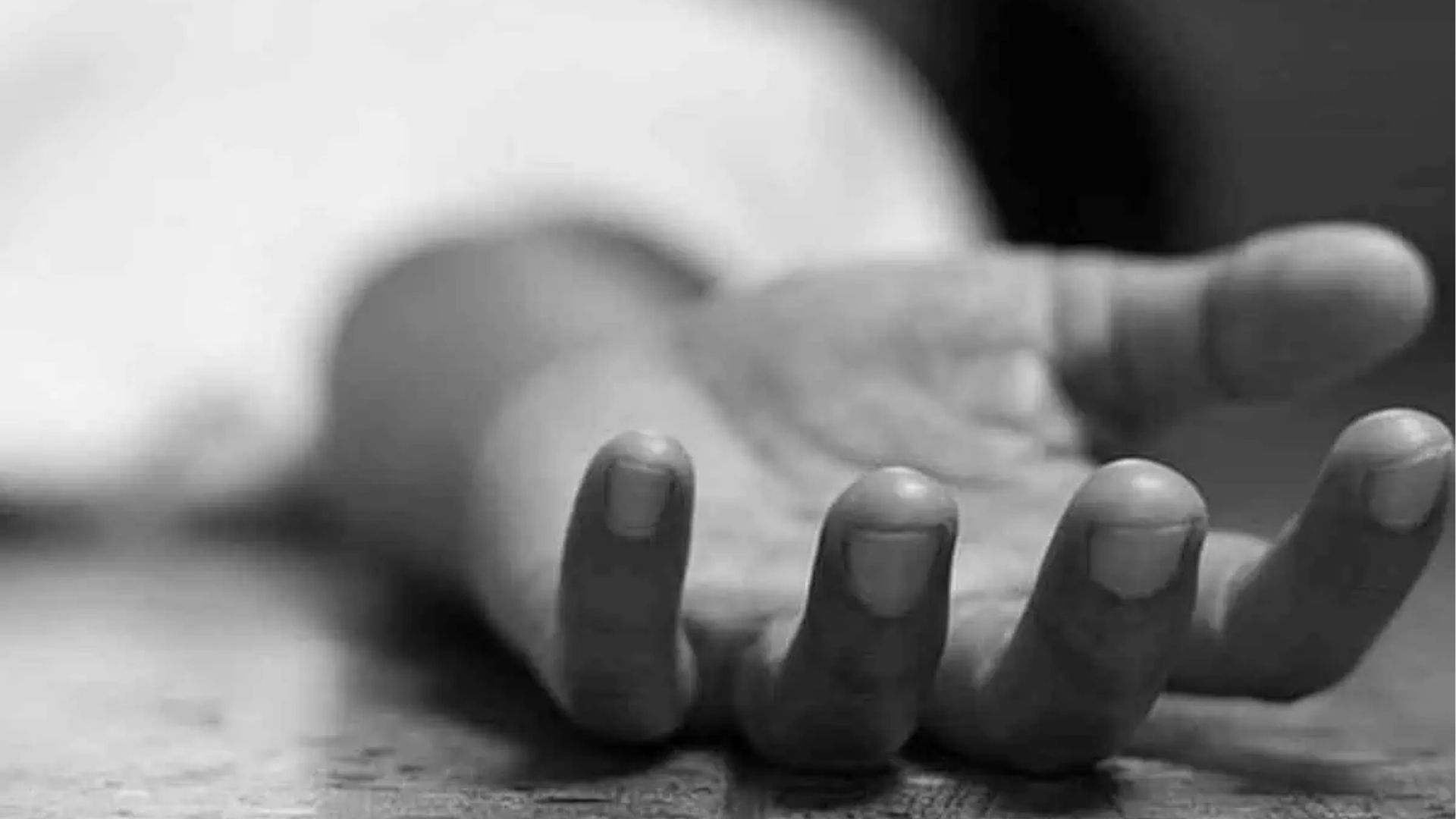

.jpg)
.jpg)
.jpg)
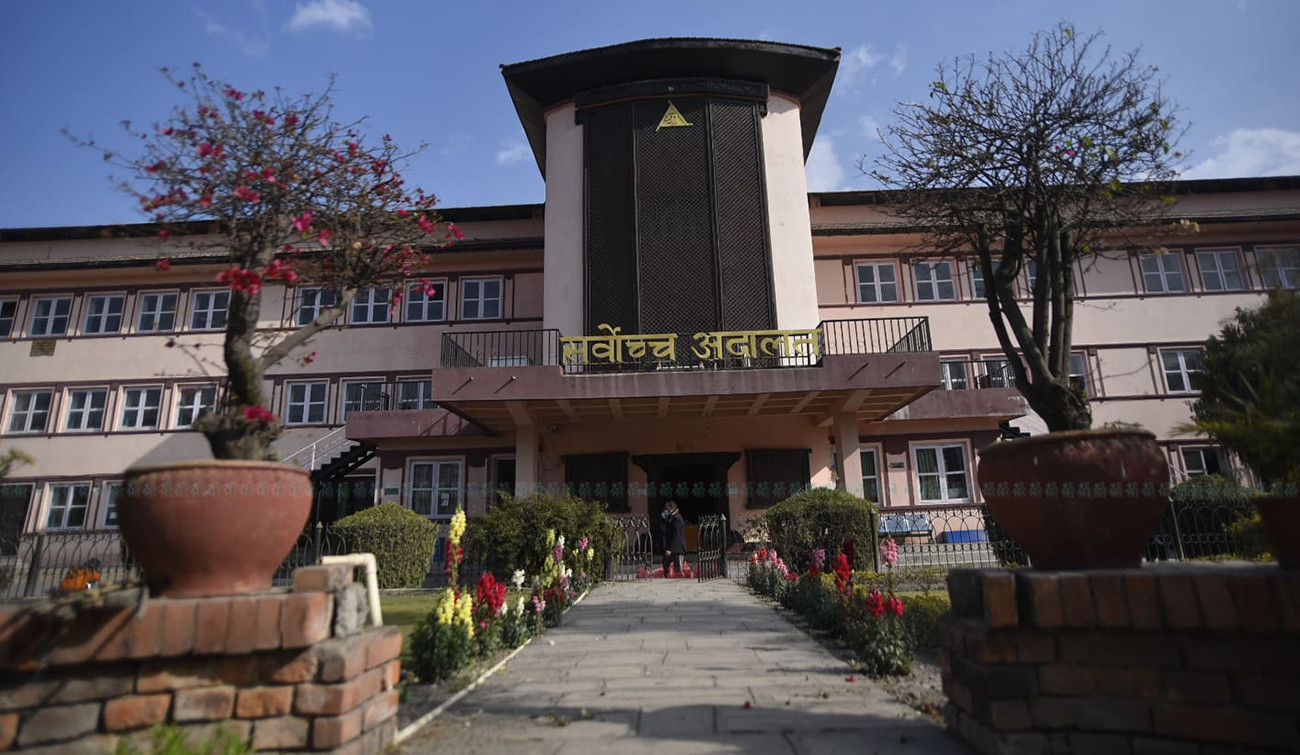
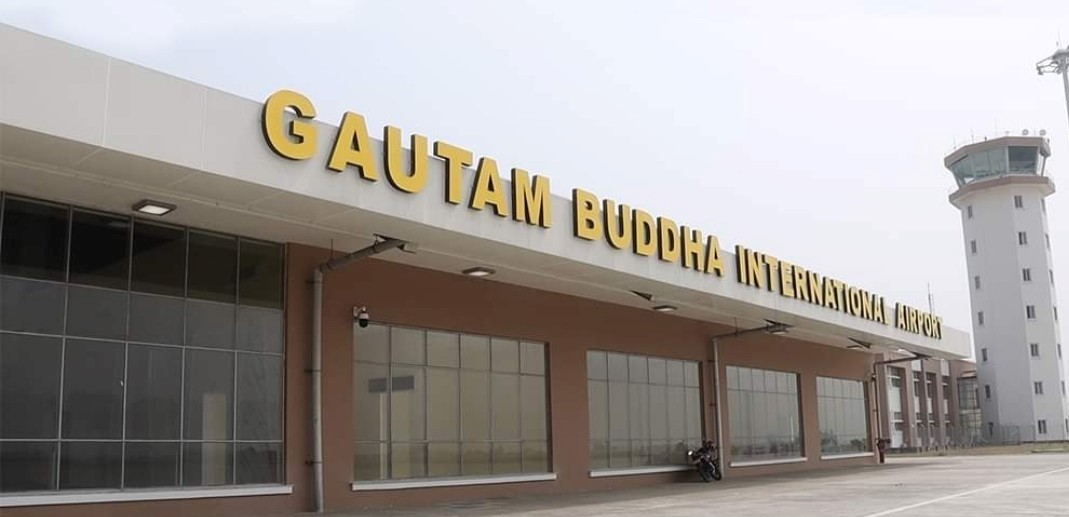

.jpg)
.jpg)
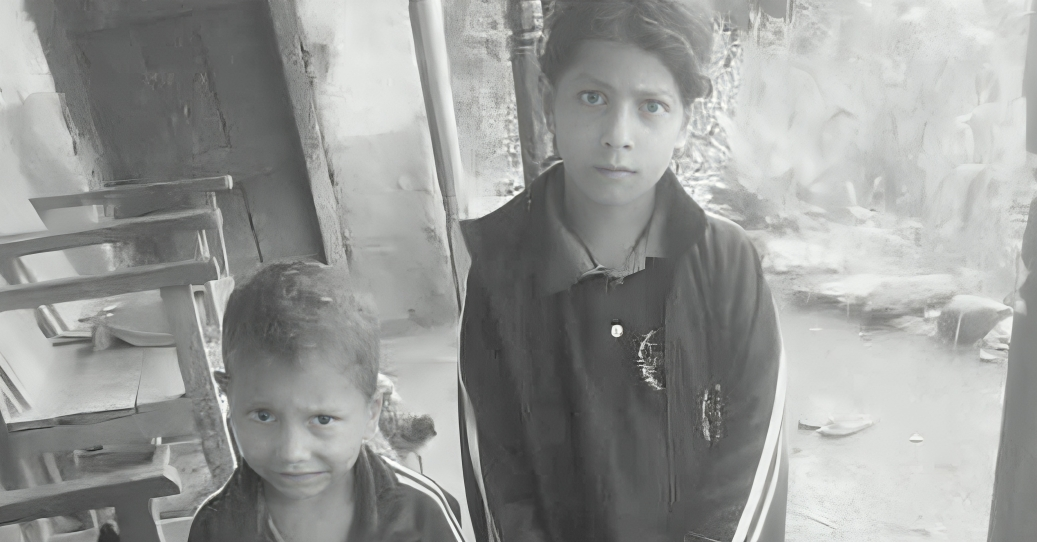
.jpg)
.jpg)
.jpg)

.jpg)
.jpg)
.jpg)
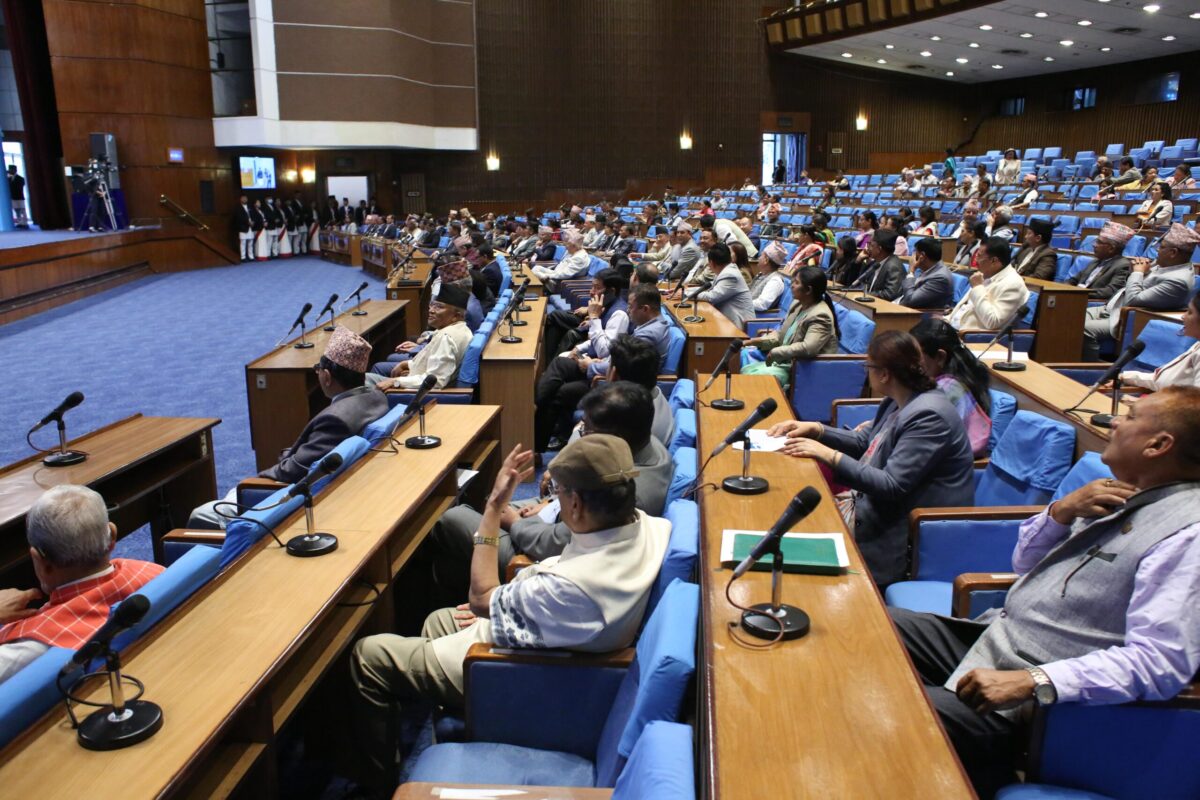

.jpeg)